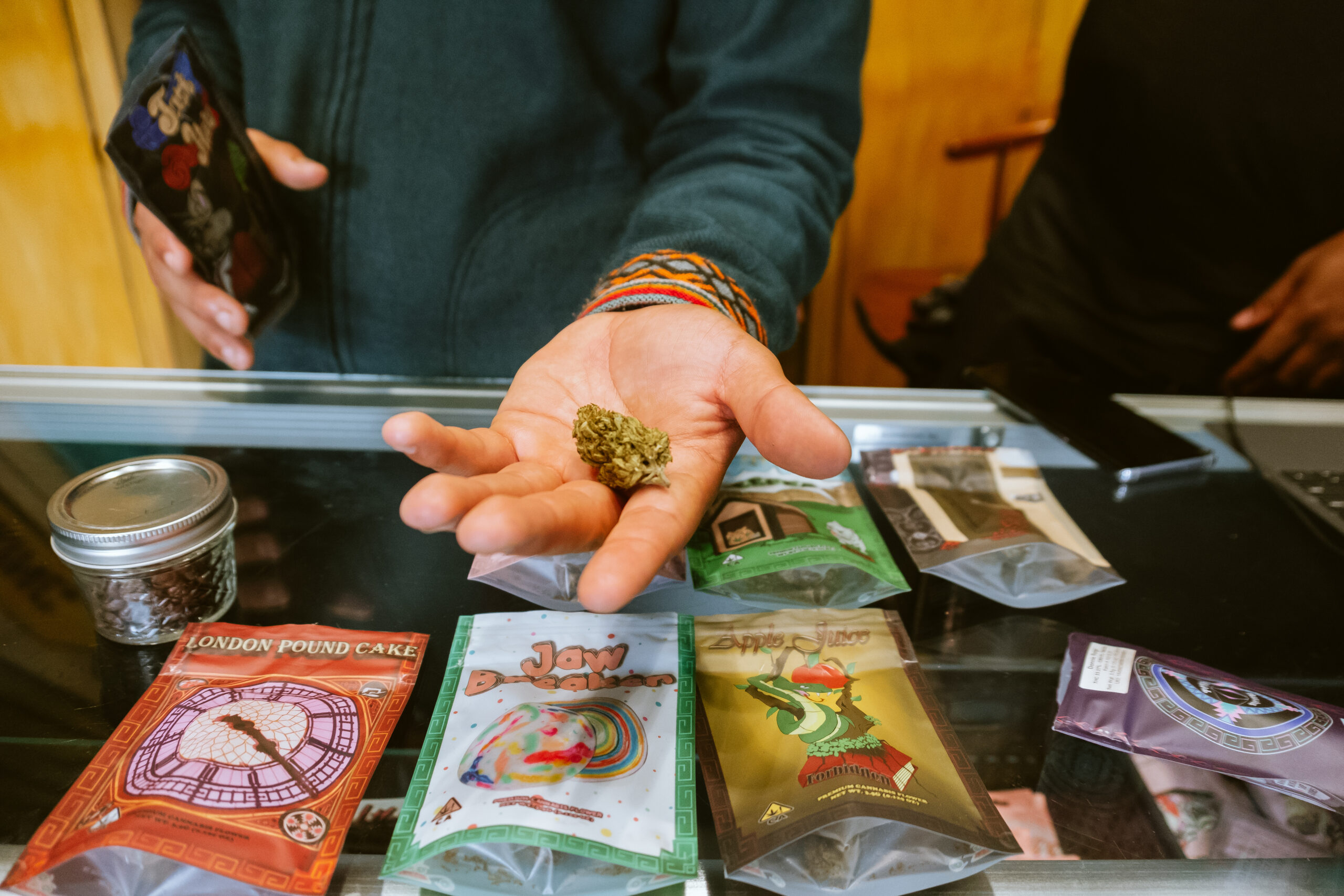San Francisco cannabis operators struggling with burdensome regulations, major price drops from overproduction and competition from the illicit market may receive relief in the form of postponement of a city tax.
The tax on cannabis businesses, approved by voters in 2018, has been delayed multiple times already. Intended to go into effect in 2019, it was previously postponed to the end of 2021, and then again extended via legislation to the end of 2022.
The Board of Supervisors Budget and Finance Committee voted on Wednesday to recommend kicking the can further to Dec. 31, 2025, in the face of serious headwinds for legal cannabis operators, who face challenges ranging from banking restrictions to theft at dispensaries.
“We are currently facing an existential issue for the legalization project. The cannabis market is not where any of us would like us to be,” said Supervisor Rafael Mandelman at the Wednesday meeting.
The tax would have raised around $10.25 million annually for the city’s general fund, according to the city’s budget office.
The tax postponements by local legislators comes amid larger pullbacks in the state’s efforts to tax and regulate the legal cannabis industry.
California eliminated a 12% cultivation tax imposed by Prop. 64 in a bid to simplify the industry’s complex tax structure and help regulated farmers compete with the still-thriving black market.
An analysis by the Controller’s Office found that if the local tax were to go into effect, a San Francisco cannabis retailer with more than $1.5 million in gross receipts would apply a 28.7% marginal tax rate for sales of its goods. That upcharge could make it difficult to compete with San Francisco’s illicit market, which is estimated at up to two-thirds of the total market.
Using the example of a one-gram joint with a unit cost of $11, the report found that an additional 5% cannabis tax would lead to a total tax of $3.15, accounting for 29% of the cost of the unit.
Ali Jamalian, owner of cannabis company Sunset Connect and chairman of the city’s Cannabis Oversight Committee, said the move is a show of support and confidence for the city’s legal cannabis operators.
“The taxes are the main reason it’s hard for us as licensed operators to compete, and all those additional costs end up being rolled onto the customer,” Jamalian said.
Because of cannabis’ status as a Schedule 1 controlled substance at the federal level, the industry faces additional barriers to profitability, including a lack of access to normal banking services and an inability to deduct ordinary business expenses on federal taxes.
Supervisor Rafael Mandelman, who introduced the ordinance to suspend the tax, has made protecting local cannabis operators a legislative priority.
In October, the Board of Supervisors passed another ordinance extending the sunset date for Medical Cannabis Dispensaries and Temporary Cannabis Business permits. This allows some long-standing cannabis businesses to continue to operate under their existing licenses as they await approval of permanent licenses.
